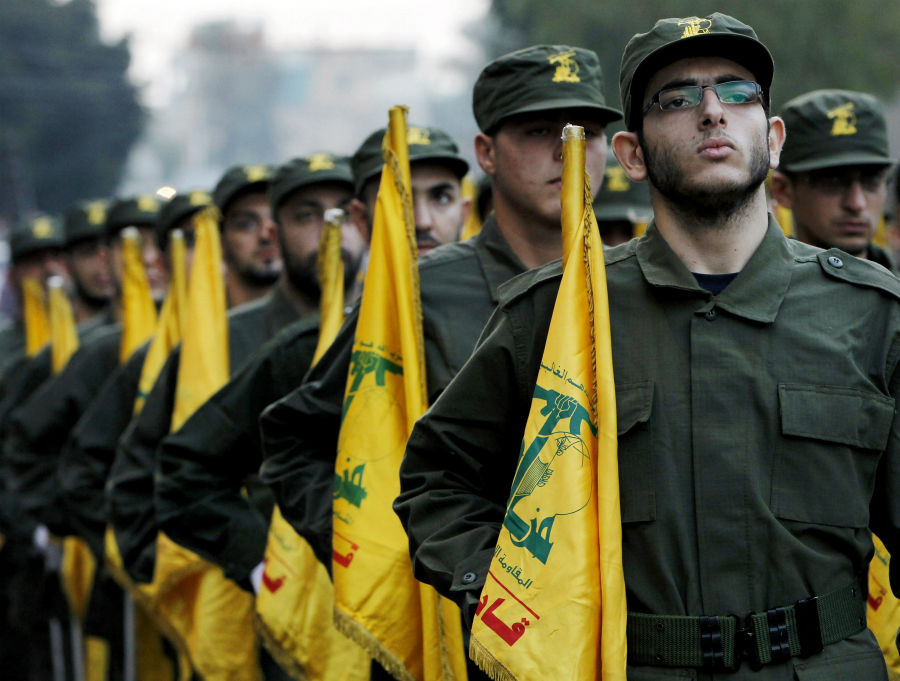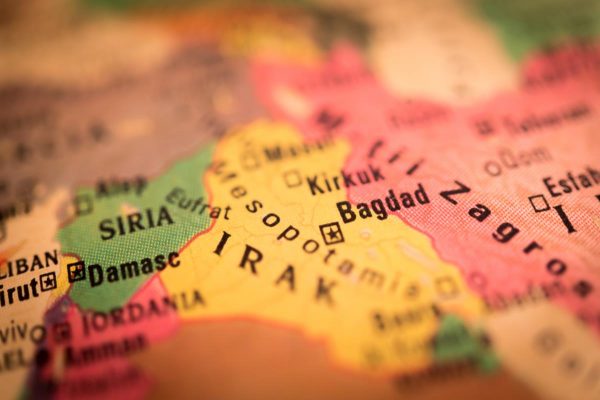 Parler
Parler Gab
Gab
Missile strikes targeted terrorists, separatists
The gestures between both nations came almost a week after Iran struck targets in Pakistan's Balochistan region with dozens of missiles and drones. Iranian officials said the Jan. 16 strikes targeted sites associated with the Jaish al-Adl (JA) group, a Balochi terrorist group opposing Tehran. JA is reportedly allied with the Islamic State of Iraq and Syria (ISIS), which overran much of the two nations in 2014. The group has also been designated by the U.S. government as a foreign terrorist organization. (Related: ISIS claims responsibility for twin bombings in Iran that killed dozens of people and injured hundreds more.) Despite this, Pakistan denounced the Iranian strikes – which left two children dead – as a "blatant violation" of its sovereignty. It also recalled the Pakistani ambassador to Iran while barring the Iranian ambassador for Islamabad from returning. Two days later on Jan. 18, Pakistan launched missile strikes against targets in Iran's southeastern Sistan and Baluchestan province, which shares a lengthy border with the Balochistan region. According to Pakistani officials, the strikes were aimed at sites linked to the Baloch Liberation Front (BLF). The BLF has been waging a low-intensity armed insurrection against the Pakistani state for 20 years with its goal of seeking the region's independence. Per the Pakistani MOFA, several Balochi "terrorists" had been killed by what it dubbed as "precision strikes on terrorist hideouts." Meanwhile, the Iranian MFA said Pakistan's missile barrage had struck a border village – leaving nine foreign nationals dead. "Iran and Pakistan have had rocky ties in the past, but have maintained relatively good relations – despite fraught regional circumstances – in recent years," the Epoch Times said. However, the rare missile exchange between the two served to fuel concerns about the potential for broader conflict in an already volatile region. "Whenever you see strikes in the region, given the tension in the region, there is a risk for an increase in conflict," said Matthew Miller, spokesman for the U.S. Department of State, at a Jan. 18 press briefing. Head over to WWIII.news for more stories like this. Watch Brannon Howse and Aynaz Anni Cyrus discuss what Pakistan and Iran would gain from going to war with India below. This video is from the Worldview Report channel on Brighteon.com.More related stories:
Repeated attacks by Iranian-backed militants on U.S. troops in the Middle East increase tension between Washington and Tehran. Top Arab leaders including Saudis, Iranians, meet in China to plot 'end' of American global dominance. Leaders of Iran, China meet in Beijing to boost economic ties that will sideline America and the dollar. Sources include: TheEpochTimes.com Brighteon.comLocal media reports IDF is to launch full-blown war with Hezbollah in Lebanon
By Belle Carter // Share
Another blow to the food supply: Explosion and subsequent fire hit Texas chicken plant
By Ava Grace // Share
Despite the Israeli offensive, Hamas militants are now returning and regrouping in northern Gaza
By Richard Brown // Share
Former Trump official HOSPITALIZED after violent carjacking incident in D.C.
By Ethan Huff // Share
Governments continue to obscure COVID-19 vaccine data amid rising concerns over excess deaths
By patricklewis // Share
Tech giant Microsoft backs EXTINCTION with its support of carbon capture programs
By ramontomeydw // Share
Germany to resume arms exports to Israel despite repeated ceasefire violations
By isabelle // Share










